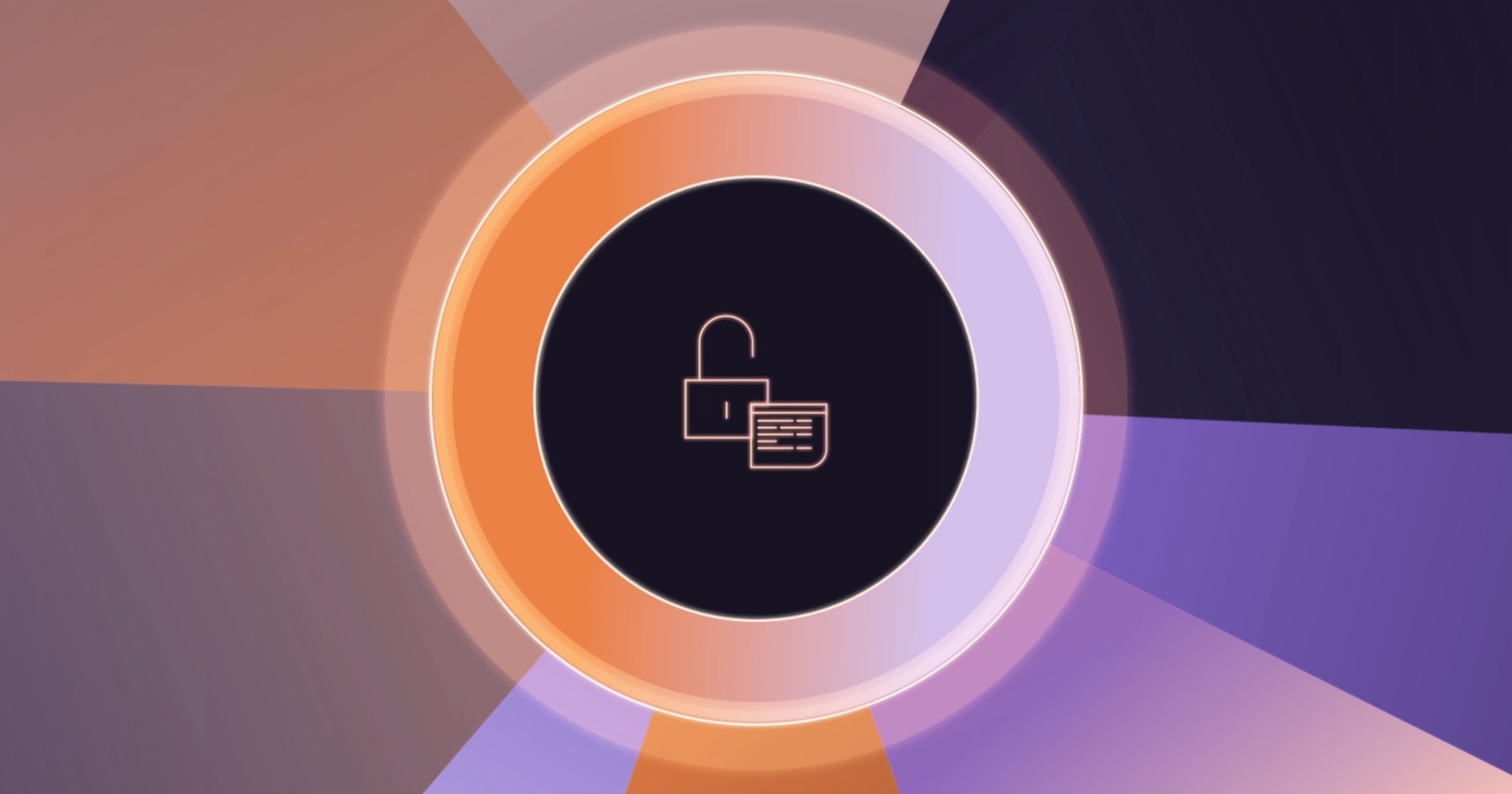Published on: June 25, 2024
5 min read
Introducing GitLab Dedicated for Government
Learn how our single-tenant SaaS offering, along with our new FedRAMP "In Process" designation, will help public sector customers securely advance their modernization objectives.

Public sector organizations, as well as companies in highly regulated industries, are transforming software development by adopting modern and efficient cloud-based technologies while safeguarding the security of federal information. Not an easy task. However, with the just-announced GitLab Dedicated for Government offering, we will be providing customers with a FedRAMP-compliant DevSecOps solution through a secure, single-tenant SaaS offering. Now listed on the FedRAMP Marketplace, GitLab Dedicated for Government will provide all of the benefits of an enterprise DevSecOps platform, with an added focus on data residency, isolation, and private networking to help meet compliance needs.
To learn more about GitLab Dedicated for Government, and how to secure your software supply chain from code to cloud, reach out to our sales team.
Achieving FedRAMP® certification
The Federal Risk and Authorization Management Program, otherwise known as FedRAMP, has become the gold standard in cloud security, not just for the federal government, but for state and local governments, contractors that aspire to work with government agencies, and security-minded organizations. The U.S. government mandates that cloud services for federal agencies meet strict security standards under FedRAMP. This supports the shift from legacy IT to cost-effective, secure, and scalable cloud-based systems. FedRAMP standards are very rigorous. Organizations must undergo a thorough assessment process, implement necessary security controls, conduct regular audits, and ensure continuous monitoring to meet the stringent criteria set by FedRAMP.
GitLab achieved a major milestone, receiving an "In Process" designation for FedRAMP Moderate Impact Level. This designation is given to cloud service providers working toward a FedRAMP “Authority to Operate” (ATO) status.
Note: GitLab also has a provisional certification through the Texas Risk and Authorization Management Program, or TX-RAMP, which allows us to work with Texas state agencies.
Navigating compliance complexities
As more public sector organizations move away from costly legacy systems and migrate their mission-critical workloads to the cloud, cloud and multi-cloud adoption will grow significantly. At GitLab, we serve a wide variety of customers in the public sector – from federally funded research and development centers and service providers working on behalf of the government, to some of the largest government agencies – and we know that no single deployment model will serve the needs of all of our customers.
Our customers have told us they need a SaaS offering that provides additional deployment control and data residency to meet stringent compliance requirements. We see this need with large enterprises and companies in regulated industries that are coming under increased scrutiny, facing global internet policy fragmentation, and dealing with the expanding complexity of data governance. GitLab has consistently observed that security is a top priority for organizations and our 2024 Global DevSecOps Survey showed that this trend continued, with security remaining the primary investment area.
The benefits of GitLab Dedicated for Government
GitLab Dedicated for Government, which aligns to the Cybersecurity and Infrastructure Security Agency's Secure by Design principles, can help the public sector and highly regulated industries reduce toolchain complexity, and support data residency and protection, all while being hosted and managed by GitLab.
1. Toolchain consolidation
Toolchain management continues to be an area where DevSecOps teams are feeling the pressure. Many organizations pay for numerous cybersecurity tools that only serve a single purpose, resulting in a surplus of unused or forgotten products and services. According to our 2024 Global DevSecOps Survey, 64% of survey respondents expressed the need to consolidate their toolchains. Security professionals in particular reported using a lot of tools — 63% of security respondents said they use six or more tools. The result can be unnecessary spend, and added complexities and vulnerabilities, putting organizations at a higher risk of cyber attacks. GitLab Dedicated for Government unites DevSecOps teams in a single platform with a single workflow without the need to buy or maintain other tools. By consolidating complex toolchains, organizations can strengthen security and improve process and operational efficiency.
2. Data residency and protection
GitLab Dedicated for Government is built on top of a FedRAMP-authorized infrastructure, which meets U.S. data sovereignty requirements, including access that is restricted to U.S. citizens.
To help further protect customer data, GitLab Dedicated for Government supports a secure, private connection between the customer’s virtual private cloud network and GitLab. Therefore, users, data, and services have secure access to the isolated instance without exposing services directly to the internet.
3. Managed and hosted by GitLab
GitLab Dedicated for Government is not only single-tenant (physical isolation between other customers), U.S.-based, and privately connected, but it’s also managed and hosted by GitLab. Organizations can quickly realize the value of a DevSecOps platform, including the advanced flexibility of a self-managed instance, but without requiring staff to build out and manage infrastructure. Organizations get all of the benefits of GitLab — shorter cycle times, lower costs, stronger security, and more productive developers — with lower total cost of ownership and quicker time-to-value than self-hosting.
How to get started with GitLab Dedicated for Government
GitLab Dedicated for Government will bring more flexibility and greater choice to the public sector and organizations in highly regulated industries that have complex compliance and data residency requirements. The offering will provide the efficiencies of the cloud, but with infrastructure-level isolation and data residency controls. To learn more about GitLab Dedicated for Government, and how to secure your software supply chain from code to cloud, reach out to our sales team.


